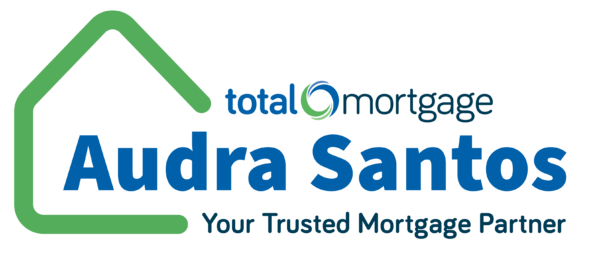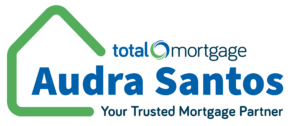Consumer Safeguards
The FHA Home Equity Conversion Mortgage (HECM), which is also known as a Reverse Mortgage, is an unknown strategic retirement plan that many do not understand. However, it is a great way to keep your life on track and make better changes. This product is a heavily regulated and very safe program on the market and is available to those 55 years and older.
Here are 12 consumer safeguards that ensure that the HECM is safe for you and offered by ethical and licensed professionals:
- Limits on Rates and FeesNo “excessive fees” would be charged to any borrower. Limits on rates and fees have been approved by Congress and The Federal Truth in Lending Act (TILA) requires that full terms and costs of loans are to be disclosed by the lender. These include APR, any line of credit, and payment terms.
- Non-Recourse ProvisionsHUD mandates that an FHA Reverse Mortgage be non-recourse. The home is the only collateral that can be used to pay back the Reverse mortgage. The borrower will never owe more than the value of the home.
- “Lifetime” Tenure Reverse MortgageHUD has a lifetime feature which allows the homeowner to receive monthly disbursements that span the life of the homeowner, as long as you remain in the home.
- NRMLANRMLA is The National Reverse Mortgage Lenders Association. It is the national voice of the reverse mortgage industry. It strives to provide resources to lenders, education to consumers, and a positive experience for both.
- Financial Assessment RequirementEffective April 27, 2015, lenders are required to evaluate the ability and willingness of all borrowers to meet the terms of their loan. This may impact the number of people who may qualify, it is a responsible step in making sure that the borrowers do not get set up to fail and that the insurance fund is strong and solvent.
- Economic Stimulus Act & Housing and Economic Recovery ActThe Economic Stimulus Act increase loan amount limits for FHA mortgages in 2008. This allows for borrowers in high-cost areas to utilize the HECM loan so that they can stay in their homes. The Housing and Economic Recovery Act of 2008 bans lenders from cross-selling products and requires borrowers to purchase other additional products to be able to obtain a HECM loan.
- Federal InsuranceThe Federal Housing Administration (FHA) authorized that federal insurance be provided for reverse mortgages with the Housing and Community Development Act. This allowed for a guaranteed availability of funds for the borrower and an assured compensation for the lender when a loan balance exceeds the home’s value.
- Reverse Mortgage for PurchaseHUD introduced the FHA Reverse Mortgage for Purchase program in 2008. It was created by Congress to help seniors to transition into a home that is better suited for their needs. It also helps cut costs and streamlines everything into one transaction. FHA loan limits were also increased to $679,650.
- Required Financial CounselingFederal law requires that all potential borrowers receive pre-loan financial counseling by a HUD-approved counseling agency to help protect the consumer. HUD Counselors provide unbiased, independent facts in a neutral environment. Borrowers are helped by counselors who provide an understanding of the features and costs of a HECM loan.
- Strategic Reverse Mortgage OptionsRather than having a crisis management tool, FHA created options that allow the use of a reverse mortgage as a long-term financial planning tool.
- First Year Lending LimitsDuring the first 12 months of the loan, there is a limit on how much proceeds a borrower can receive. This is called Disbursement Limits, which HUD had put into place on November 10, 2014.
- Reverse Mortgage Exams425 counselors in 43 states completed an exam in 2000 that was designed to ensure that reverse mortgage counselors understood how the product operates. It was the first official national reverse mortgage financial counseling exam that was designed to help counselors assist applicants to be able to better understand the reverse mortgage product.


